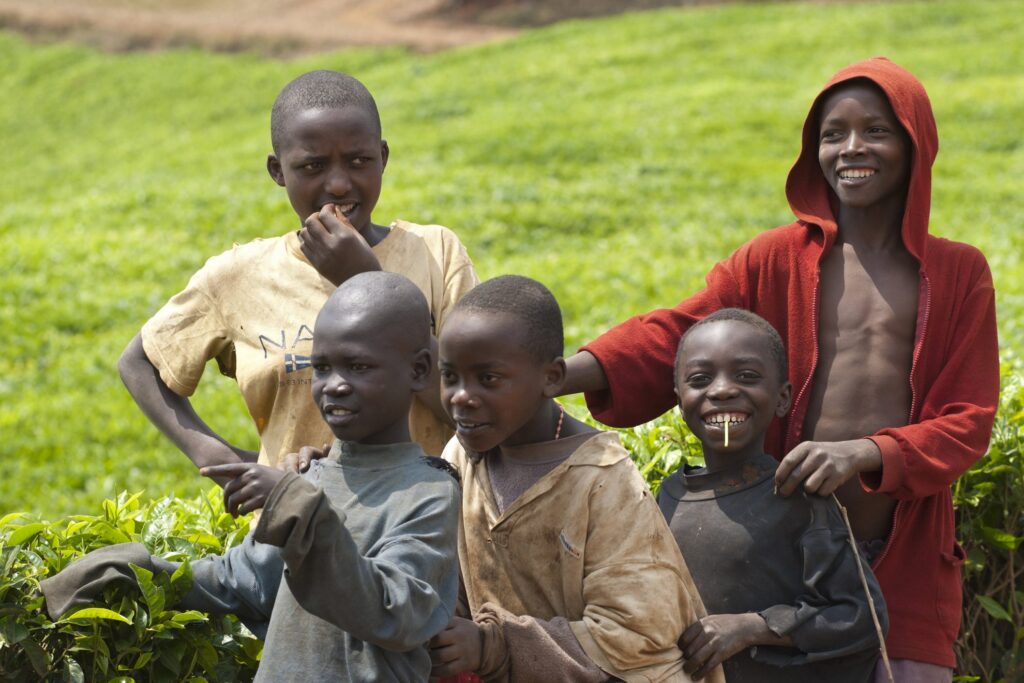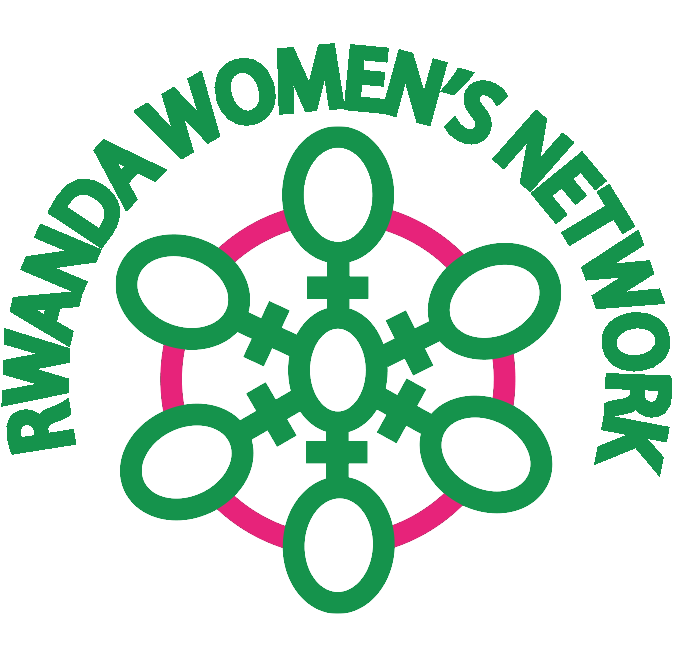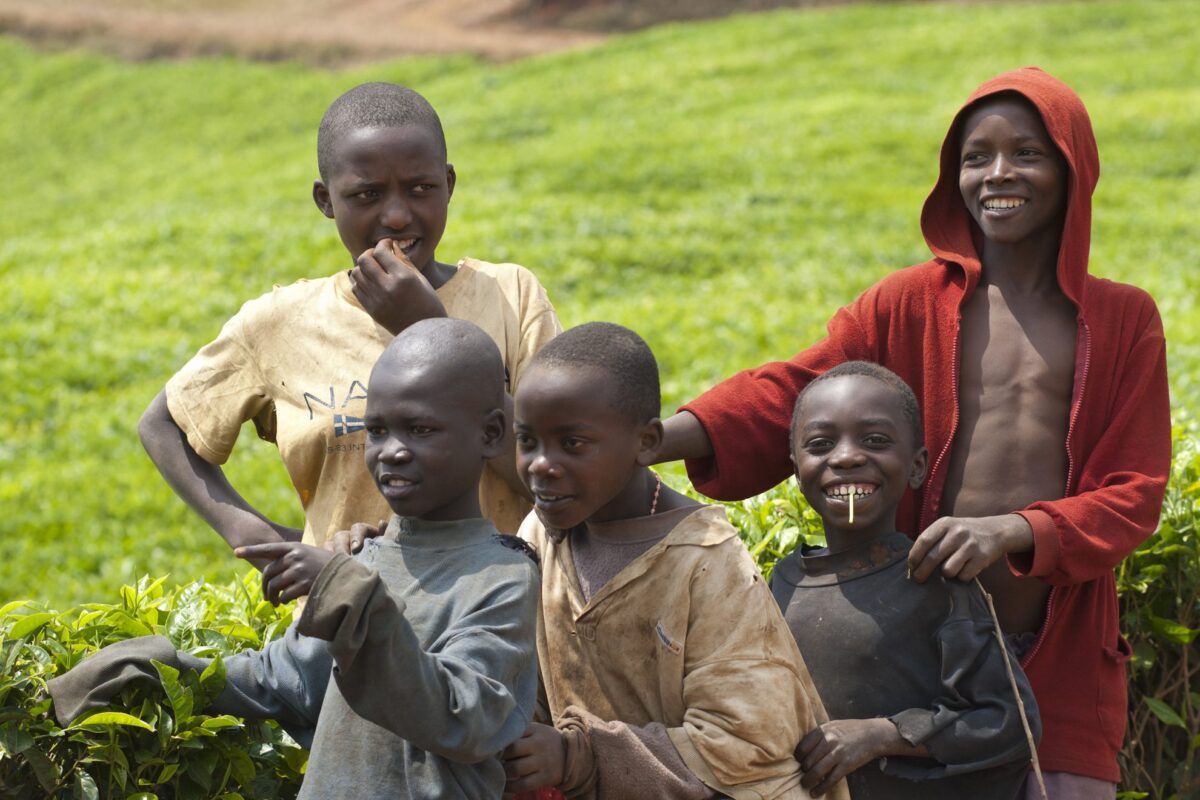
GATETE Faustin, is 46 years old, married and father of 7 children; he is a Village Leader living in Munyiginya Sector, Nkomangwa Cell, Karubisha Village. Gatete was born in a family of 3 children, 2 sisters and him.
“I used to be in kitchen with my mom, sweep at home but my father was unhappy to find me doing it and I was beaten because of that and there was always arguments and fights between my mother and my father; my father was telling me that I will not be a real man because men are not supposed to do these activities, so I was only tasked to be in charge of cows.” Says Faustin.
Faustin goes on to say that before joining the Rwanda Women’s Network (RWN) program, I had continued to behave like the way I was raised by my father where I wasn’t doing anything at home because in my understanding only women were supposed to be in charge of household activities. I was taking all decisions as the head of family without my wife’s consent, prohibiting boys from doing some activities at home and all these misunderstanding were generating everyday quarrels in the family and everyone was aware of our situation in the community.”
Faustin was invited to the WSFs in the community to participate in a positive masculinity conversation where he went with other men, he says he learnt that the most memorable topic for him was on Power and GBV. He learnt to be aware and developed a clear understanding on GBV and the use of power but found he also found himself using power over at home and doing mainly practicing what he calls economic violence towards his wife. For example, he was the one feeling responsibilities on deciding on everything at home and on the use of family properties.
Faustin says that from these conversations, “I have started changing my mindset and actions at home where I have started giving value to my wife and liberty to sell bananas, so the money gained in selling goods she could use it in whatever she wants; after harvesting we were discussing and planning together about the usage of the money; started to give equal responsibility to my children whether girl or boy and when I am home I can do any household activities”.
“The program have changed a lot of good things in my home like having dialogues between me and my family members, harmony and prosperity although the most thing I am happy with is to be invited with my wife in families living in domestic violence for testimonies and advice.”
Faustin had since committed to sensitize other men in the community to attend conversations on positive masculinity because he has seen the impact and how it can positively change a whole family’s life.
GATETE Faustin, is 46 years old, married and father of 7 children; he is a Village Leader living in Munyiginya Sector, Nkomangwa Cell, Karubisha Village. Gatete was born in a family of 3 children, 2 sisters and him.
“I used to be in kitchen with my mom, sweep at home but my father was unhappy to find me doing it and I was beaten because of that and there was always arguments and fights between my mother and my father; my father was telling me that I will not be a real man because men are not supposed to do these activities, so I was only tasked to be in charge of cows.” Says Faustin.
Faustin goes on to say that before joining the Rwanda Women’s Network (RWN) program, I had continued to behave like the way I was raised by my father where I wasn’t doing anything at home because in my understanding only women were supposed to be in charge of household activities. I was taking all decisions as the head of family without my wife’s consent, prohibiting boys from doing some activities at home and all these misunderstanding were generating everyday quarrels in the family and everyone was aware of our situation in the community.”
Faustin was invited to the WSFs in the community to participate in a positive masculinity conversation where he went with other men, he says he learnt that the most memorable topic for him was on Power and GBV. He learnt to be aware and developed a clear understanding on GBV and the use of power but found he also found himself using power over at home and doing mainly practicing what he calls economic violence towards his wife. For example, he was the one feeling responsibilities on deciding on everything at home and on the use of family properties.
Faustin says that from these conversations, “I have started changing my mindset and actions at home where I have started giving value to my wife and liberty to sell bananas, so the money gained in selling goods she could use it in whatever she wants; after harvesting we were discussing and planning together about the usage of the money; started to give equal responsibility to my children whether girl or boy and when I am home I can do any household activities”.
“The program have changed a lot of good things in my home like having dialogues between me and my family members, harmony and prosperity although the most thing I am happy with is to be invited with my wife in families living in domestic violence for testimonies and advice.”
Faustin had since committed to sensitize other men in the community to attend conversations on positive masculinity because he has seen the impact and how it can positively change a whole family’s life.

